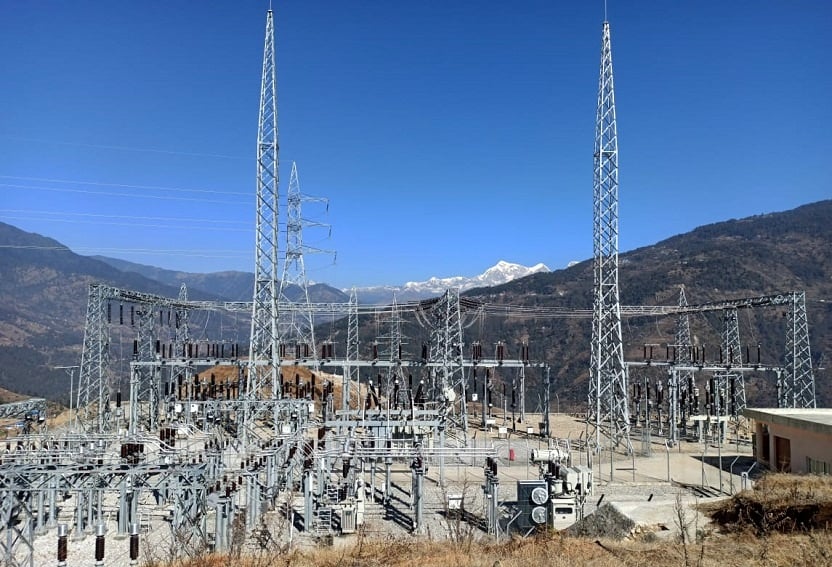New challenges, opportunities ahead to resolve Syrian crisis
GENEVA, A fresh round of peace talks on Syria, the eighth of its kind, kicked off in Geneva, Switzerland, on Tuesday under the auspices of the United Nations, without the presence of one of the main parties, the Syrian government.
However, the Bashar al-Assad government took an apparently last-minute decision to join the talks and a delegation on Wednesday.
Inter-Syrian negotiations in the past had often been thorny, given the complexity of the conflict.
Although seven rounds of talks have been held in Geneva since the beginning of 2017, little progress has been made due to serious differences between the rival parties.
The dragging talks are now focused on four main topics -- the establishment of "credible, inclusive and non-sectarian" governance, drafting a new constitution, holding elections under the supervision of the United Nations, and continuing the fight against terrorism.
The negotiations are still deadlocked as Syrians face new challenges in the course of a crisis that has raged more than six years, leaving some 330,000 dead, according to UN figures.
The main stumbling block is the fate of President Assad. The opposition had been insisting on his immediate ouster from power before restoring peace in the country, a demand categorically rejected by the government delegation.
The government forces' victories on the battlefield, however, have since strengthened its stature, both in Syria and in the international arena, and also weakened the rebels, making it difficult to imagine Assad's departure under current circumstances. The opposition may be forced to lower their demands.
Second, the opposition still remains fragmented. A sign of tensions among them was the resignation of several members of the High Negotiations Committee, which had represented the opposition in Geneva, ahead of the new peace talks.
Last week, at another round of negotiations in Riyadh, Saudi Arabia, sponsored by the Saudi government, various factions of the Syrian opposition, including groups backed by Cairo and Moscow, agreed to send a unified opposition delegation to Geneva. Still, a unified voice of the opposition and its real weight on the Syrian crisis remains debatable.
Other platforms to end the conflict in Syria are also in place, such as a "Syrian national congress" in Sochi, southwest Russia.
The idea was proposed in Sochi last week during a trilateral summit of Iranian President Hassan Rouhani, Russian President Vladimir Putin and Turkish President Recep Tayyip Erdogan. However, it has been rejected by the Syrian opposition and criticized by the West, who are sticking to the Geneva process.
The Syrian crisis has also been complicated by external factors, including the involvement of world and regional powers, as well as the issue of Syria's Kurdish community, who are demanding autonomy and proportional representation in the central government. All this indicates it's still a long way to go before the Syrian conflict is resolved.
However, finally, a real chance to end years of bloodshed in Syria has emerged, thanks to the defeat of extremist groups, notably the Islamic State forces, said Xie Xiaoyan, special envoy of the Chinese government on the Syrian issue, after his meeting with Mistura on Tuesday.
Xie hoped that all Syrian parties would adopt flexible positions and advance the political process through dialogue, in order to restore national stability and social order in Syria. Enditem
---



_GuyKOE272v.png)






Leave Comment